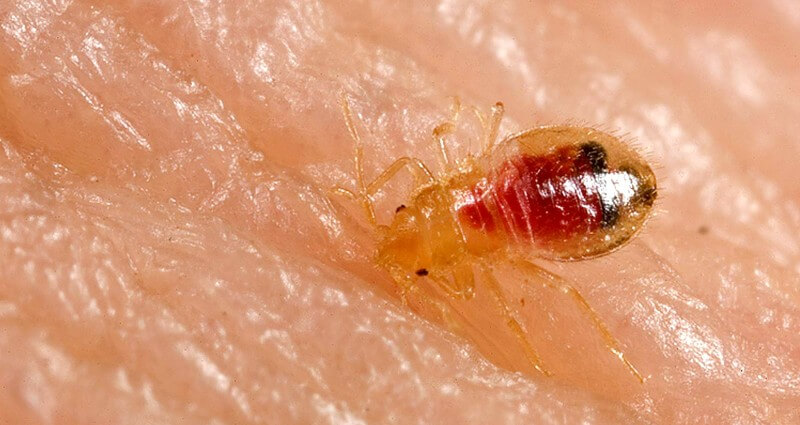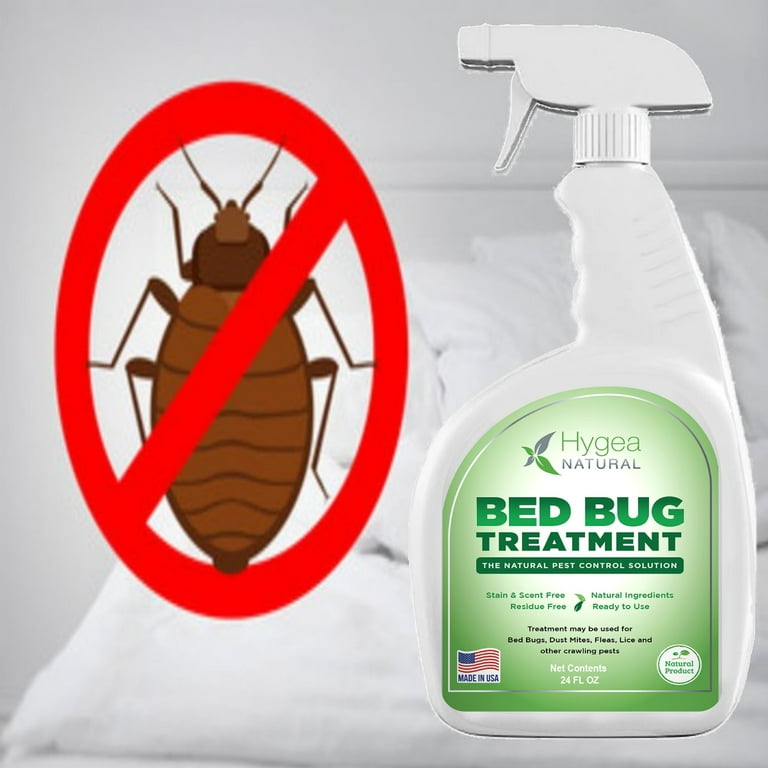Kings Pest Control Expert Cincinnati: Efficient Pest Management
Kings Pest Control Expert Cincinnati: Efficient Pest Management
Blog Article
A Malfunction of the Various Types of Insect Control Solutions
In the world of parasite control, a multitude of methods exist to combat the existence and attend to of undesirable animals. From the standard use chemical pesticides to extra ingenious organic control solutions, each approach offers distinctive advantages and restrictions. As we browse with the diverse landscape of parasite control options, recognizing the ins and outs of each approach comes to be extremely important in identifying one of the most efficient training course of activity. Keep tuned as we check out the nuanced world of pest control techniques and find exactly how each kind plays an unique function in safeguarding our environments.
Chemical Pesticides
Chemical pesticides are generally used in parasite control to efficiently get rid of a vast range of insects and other insects. These pesticides work by targeting the nerve system of the parasites, interrupting their regular functions, and ultimately bring about their death. Making use of chemical pesticides has been a staple in the pest control industry for years due to their efficiency and fast results.

Nevertheless, it is essential to make use of chemical pesticides with care as a result of their potential hazardous effects on the setting and non-target varieties. Incorrect application or overuse of these pesticides can lead to contamination, injury to helpful insects, and resistance growth in pest populaces. Therefore, it is crucial to adhere to security standards and guidelines when utilizing chemical pesticides for insect control.
Biological Control Methods
Taking into consideration the prospective ecological effects and risks connected with chemical pesticides, biological control approaches provide an even more sustainable strategy to handling pest populations. Organic control involves using all-natural enemies, such as predators, pathogens, and bloodsuckers, to subdue pest populaces. This approach is typically extra targeted, impacting just the specific insect varieties while reducing damage to beneficial bugs, people, and the setting.

As soon as established, all-natural opponents can aid manage pest populaces constantly without the need for duplicated applications of pesticides. Furthermore, biological control is commonly much more cost-efficient and can assist lower pesticide resistance in pest populaces over time.

Mechanical Bug Control
Mechanical bug control entails the physical adjustment or elimination of bugs to handle their populations efficiently. One typical example of mechanical pest control is using catches to record rats or pests.
Another mechanical approach is using obstacles such as fencings, nets, or screens to obstruct parasites from getting in particular areas. By physically preventing pests from accessing an area, the probability of invasions or damage can be considerably reduced. In addition, hands-on methods like handpicking parasites off structures or plants can be effective for smaller-scale problems.
While mechanical bug control methods can be labor-intensive, they supply a non-chemical option that can be environmentally pleasant and lasting. By targeting insects directly, mechanical control methods can help maintain insect populaces in check without relying upon chemicals.
Natural Solutions
Using all-natural treatments for pest control uses a sustainable and eco-friendly technique to managing bug populaces without turning to chemical treatments. Natural treatments entail utilizing materials derived from plants, minerals, or various other normally occurring resources to hinder or eliminate bugs. Growing certain herbs like basil, mint, or lavender around your residential property can repel insects due to their strong aromas. Diatomaceous planet, a powder made from fossilized algae, can be used to fight bugs like ants, roaches, and bed pests by dehydrating their exoskeletons.
Additionally, important oils such as tea tree oil or neem oil have insecticidal properties that can effectively control pests while being safe for the setting. Another all-natural solution is presenting valuable pests like ladybugs or hoping mantises to your garden to victimize dangerous bugs. By integrating these natural services into parasite monitoring methods, people can decrease their reliance on artificial chemicals and advertise a healthier, more well balanced environment.
Integrated Insect Management
Integrated Pest Monitoring (IPM) is a detailed method that combines numerous methods to efficiently regulate pest populaces hop over to here while reducing threats to human health and wellness and the environment. IPM entails the combination of multiple bug control techniques such as organic control, habitat manipulation, adjustment of cultural techniques, and the use of immune crop selections. By using a mix of these methods, IPM intends to decrease dependence on chemical pesticides, which can have unfavorable effect on environments and human health.
One trick aspect of IPM is the focus on avoidance. By executing actions to stop pest invasions prior to they happen, such as keeping proper cleanliness and securing entry factors, the demand for responsive pest control actions is decreased. Monitoring and normal assessments play a critical role in IPM, enabling read review very early detection of insect concerns and prompt intervention.
Final Thought
In conclusion, the various kinds of parasite control remedies supply an array of choices for efficiently handling pest infestations. Organic control approaches use natural predators to regulate parasites. Integrated Parasite Monitoring integrates several techniques for a holistic strategy to pest control.
Chemical chemicals are frequently used in pest control to properly get rid of a broad range of pests and various other insects.Mechanical pest control entails the physical adjustment or removal click of pests to handle their populations effectively (Kings pest control Cincinnati Ohio).Utilizing all-natural remedies for parasite control provides a environmentally friendly and lasting approach to taking care of bug populaces without resorting to chemical treatments.Integrated Insect Management (IPM) is a thorough technique that combines different strategies to successfully regulate pest populaces while minimizing dangers to human wellness and the environment.In final thought, the numerous types of insect control solutions provide an array of options for efficiently managing bug problems
Report this page